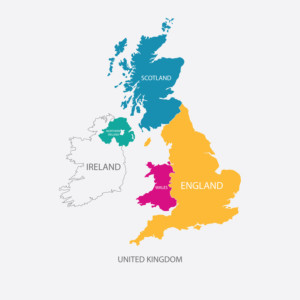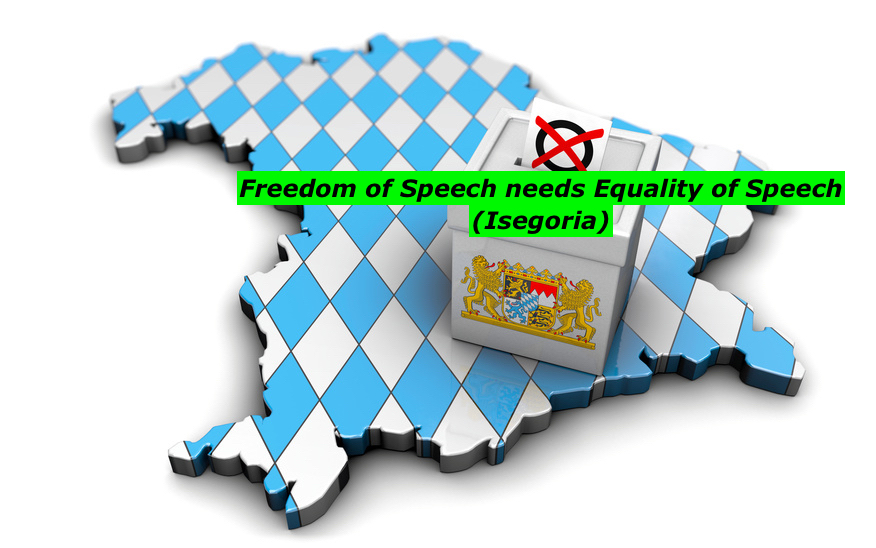
It’s Friday, the 24th of June, 2016, and the unthinkable has happened: Britain has chosen to leave the European Union.
Direct democracy is a wonderful tool to bring clarity. It allows every single voter – regardless of their age, religion, social standing, geographic location and party affiliation – to express their sovereign will.
The UK’s EU referendum has done exactly that: It has given sovereignty back to its citizens – with far reaching consequences, and, I believe, important implications for the UK’s voting system.
The effect of a referendum is especially powerful in a context where elections are normally won by those who are first to reach the finishing line with a plurality of votes, known as “First Past the Post” (FPTP). Its advantages are being described as follows: FPTP is costs effective, votes are counted quickly, it encourages a 2-party system and thus single party governments that allow for straight forward decision making.
The disadvantages are obvious: FPTP leads to parts of the electorate not being represented in parliament, to voters casting their vote against the candidate they most dislike instead of FOR the one they most like, to regional misrepresentation as certain geographic areas with high party concentration are favoured, to gerrymandering, and so forth. In short: FPTP turns the electoral landscape into a polarised battlefield with winners versus losers. This may have worked in Victorian times. In the 21st century an upgrade is long overdue.
Having lived in the UK since 2001, my observation is that an increasingly diverse and multicultural British society has outgrown polarisation. As a result, FPTP has led to distortion and misrepresentation in Westminster and Downing Street. The past two parliamentary elections show that an increasing number of voters has been left feeling voiceless and disenfranchised – and for good reason.
Analysis of the 2015 election by the Electoral Reform Society puts it into perspective:
“Of the almost 31 million people took part on May 7th, the votes of 15.4 million people didn’t help anyone get elected. (…) Out of 650 winning candidates, 322 (49%) got less than 50% of the vote. With less than half their electorate backing them, that’s a fairly weak mandate for half the Commons.”
(See more at: http://www.electoral-reform.org.uk/blog/nail-coffin#sthash.EIr0ht4J.dpuf)
The UK wide vote to leave the EU shows how weak this mandate truly is. The high referendum turnout of 72.2% compared to an average turnout of 43% in the council elections 2015 proves the point.
In my view, while there are plenty of (reasonable) concerns about the current state of the EU and its future, this outcome is in many ways a protest against a two dimensional government and parliament that does not represent the diversity of Britain’s electorate.
Coming from a region (Bavaria) where plebiscites are frequently conducted to decide on key issues, I say with respect and appreciation: Well done to the British people for taking back their sovereignty.
Now it’s on to choosing level headed leaders with integrity and foresight who can take  this country forward and through its divorce from the EU. At the same time it may be a good idea to revisit the idea of a more proportional election system for the United Kingdom of Great Britain and Northern Ireland.
this country forward and through its divorce from the EU. At the same time it may be a good idea to revisit the idea of a more proportional election system for the United Kingdom of Great Britain and Northern Ireland.
Actually, make that England. Northern Ireland may hold a referendum on joining
Ireland. Scotland may hold a referendum on joining the EU. At this point, everything is possible.
As for the European Union, I hope Britain’s choice will prompt a process of soul searching, change and renewal. There is no doubt that the EU has helped to establish lasting peace in a region with a history of conflict. Equally there’s no doubt that many more citizens across the other 27 member states feel disconnected from decisions made in Brussels, Strasbourg et al.
Direct democracy is a wonderful tool to bring clarity….
Judith








